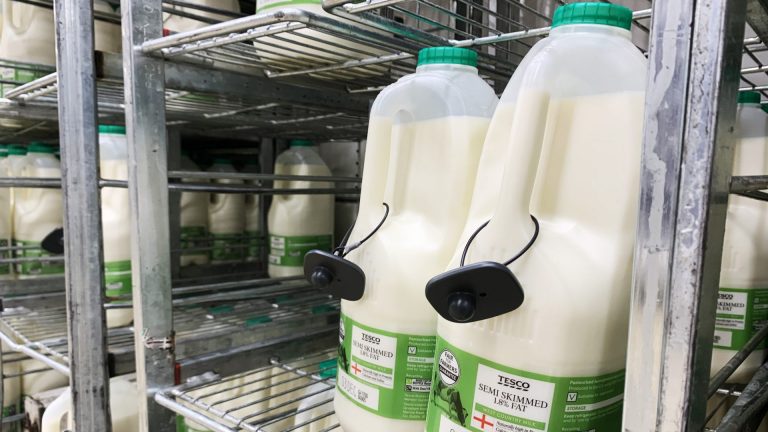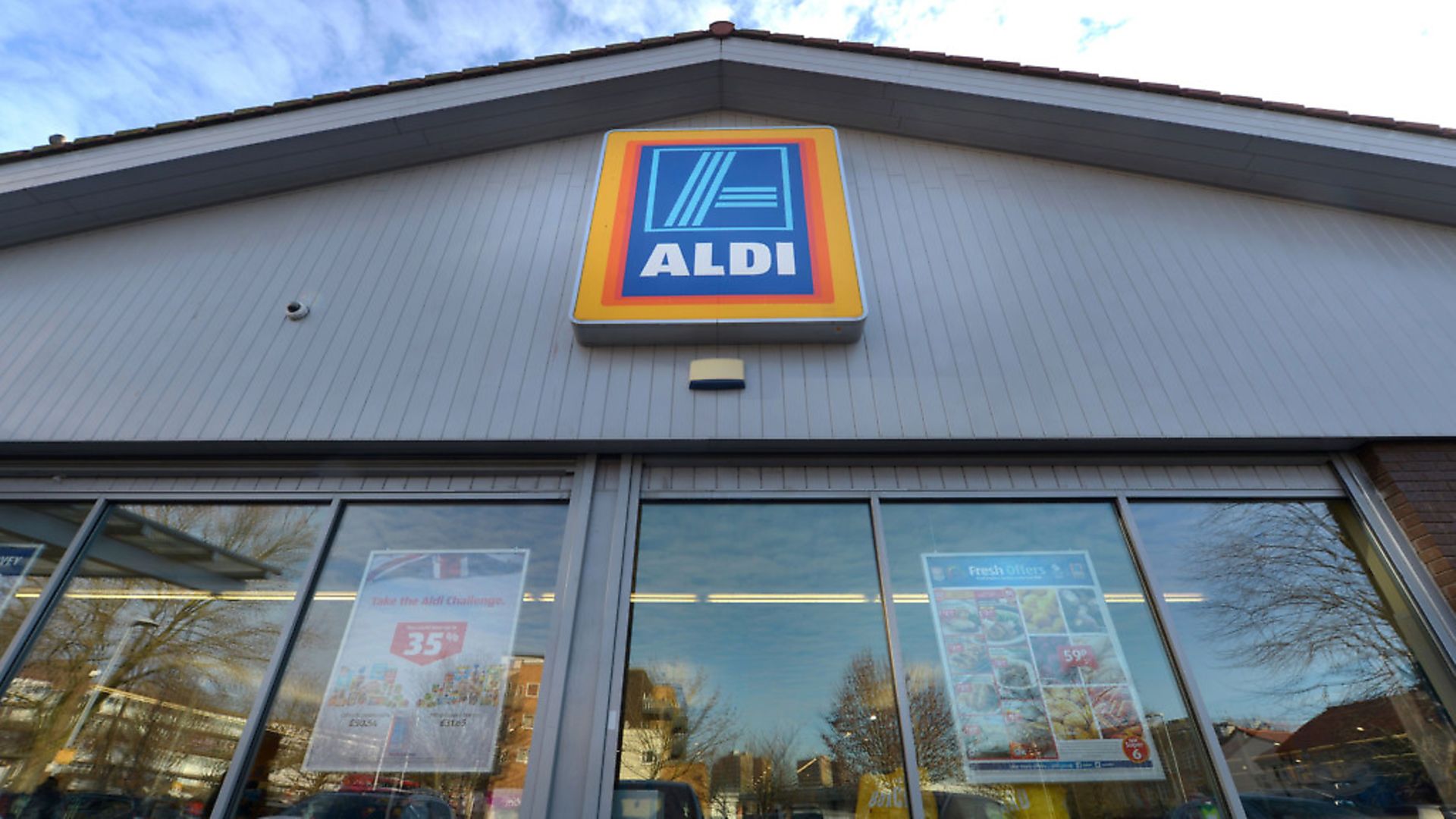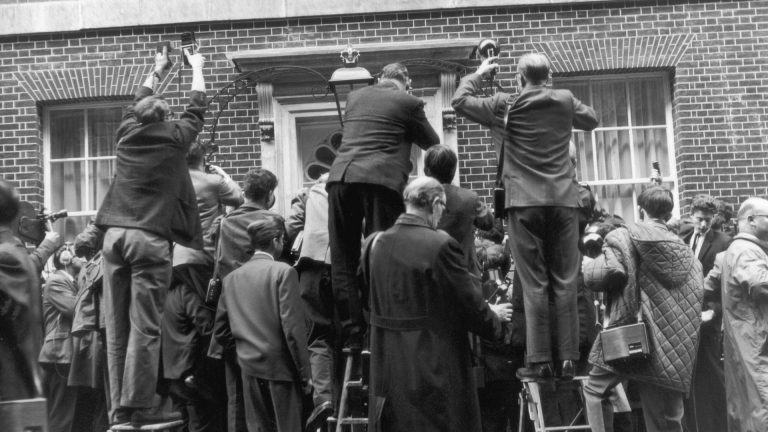There’s something inevitable about the continuing rise of the German discount retailers, Lidl and Aldi. Lidl is now within touching distance of Morrisons as Britain’s fifth-largest supermarket. Its rival Aldi is already in the top four and closing in on Asda, though still some way behind the top two of Tesco and Sainsbury.
Partly this is a story of consumers choosing cheaper options in tough times. But partly it is about challenger brands that are expanding at a massive rate of knots and show no signs of slowing down while their closest competition, Morrisons and Asda, look dead in the water.
It seems to be a case of private equity strikes again. Both Morrisons and Asda were taken over in debt-burdened deals by private equity firms that seemed convinced they could turn the companies around. But with retail profits in the UK at around 2% or 3%, higher than expected interest rates and ferocious competition from the new kids on the block, both are now looking very vulnerable.
Figures from the retail data experts Worldpanel show that Lidl’s market share is now just 0.1% lower than Morrisons (8.3% v 8.4%) and growing much faster. In the three months to August Lidl’s sales rose by 10.7%; the kind of increase the major established supermarket groups can only dream of.
Aldi has already overtaken Morrisons and is now closing fast on Asda, which has seen sales drop for 15 months in a row. Those two established supermarkets find themselves squeezed by both sides – the sheer size of Tesco and Sainsbury means that they can compete better with the new cheaper rivals, and they are not distracted by changes of ownership and private equity bosses who are not retail experts.
Susannah Streeter, head of money and markets at the finance firm Hardgreaves Lansdown, says: “It is the supermarkets in the middle that are suffering. Tesco and Sainsbury are holding their own, but Asda and Morrisons are suffering because Aldi and Lidl are now not just offering value, they are also now offering quality. They have grown from just offering the basics, and shoppers are now doing all their shopping there, which is why you are seeing them increase market share. “
Of course, the driving force behind this sea change in the UK supermarket industry is money, or to be precise, the lack of it. Stagnant growth, low wage increases, and higher inflation mean people have to shop around to make their money go further and Lidl and Aldi are winning the price war hands down.
The Worldpanel data shows that because of tighter budgets we are eating out less – even the Lionesses winning in Europe was not enough to get us all spending in pubs and restaurants – but therefore spending more on upmarket home dining. But if we’re not going out to eat, we are splurging on brands like Sainsbury’s Taste the Difference and Tesco’s Finest. Fraser McKevitt, head of retail at Worldpanel explains, “Consumers are continuing to adapt their behaviour to make ends meet… while eating out is down, shoppers are still treating themselves in-store”.
When times are hard, the first thing to go is eating and drinking out. Sales of fast food and casual dining fell by 6% this summer. The poorest 10% of the British population have 10% less spending power than they did before the COVID-19 pandemic, and the latest figures suggest they will be worse off next year too.
So, says Susanna Streeter, Aldi and Lidl are knocking at an open door: “What’s been happening is that their proposition has really grabbed attention, because we have this bargain-hunting culture that has really grown dramatically since the cost-of-living crisis erupted”.
Aldi and Lidl were looked down on when they arrived in the UK, but they knew exactly what they were doing. They came here after decades of success in Germany and have adapted well to the British market.
Suggested Reading


A nation of shoplifters
Their stack it high, sell it cheap model relies on a more limited range of choices for customers, unfamiliar but cheaper brands, and many of their own brands which look amazingly like the much more expensive and heavily advertised products available elsewhere.
“There are a number of factors that mean they can keep their prices lower,” says Streeter. ”One of them is that less is more – because they have fewer ranges available, that means it does not cost them as much and that seems to be quite attractive to shoppers. They are offering quality products at really attractive prices.“
Lidl and Aldi supermarkets are also newer, smaller and less complicated to shop in than the competition. They do not confuse their customers by moving products around, they are not massive hypermarkets with endless choices and long aisles full of products you don’t want or need. This actually makes them more attractive to many shoppers, and makes the checkouts always quick.
The German pair are also the best payers in the business – Lidl is increasing wages again in September, which will mean a fifth rise in two years. They have to offer their staff decent wages in order to attract the new workers necessary for constant expansion.
Aldi already has over 1,000 stores in the UK and will open some 30 stores this year alone. Lidl with just under 1,000 shops will open another 40. Both aim to have 1,500 stores each across the UK, the same number as Sainsbury and half that of Tesco.
Does all this mean that Aldi and Lidl will ultimately win the UK supermarket war? That is a stretch, because their rivals are not going to take all this lying down.
Tesco and Sainsbury have massive marketing and purchasing clout of their own. They too are gaining market share from their slumping rivals and now have 28% and 15% of the UK’s sales respectively.
They know that with shoppers now obsessed with price, that is where the battleground will be. A supermarket price war has been talked about for years, but it may now happen. For customers who are still seeing grocery price inflation of more than 5% a year when their wages are not keeping pace, that would only be a good thing.
Supermarkets in the UK used to be staid and boring. Competition was limited, and often regionally based shops had become complacent. Lidl and Aldi have shaken things up at the tills, and there could be more to come.












